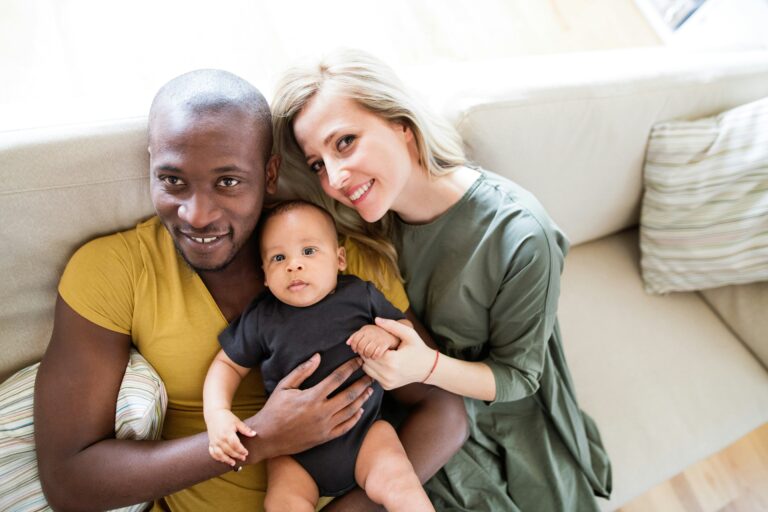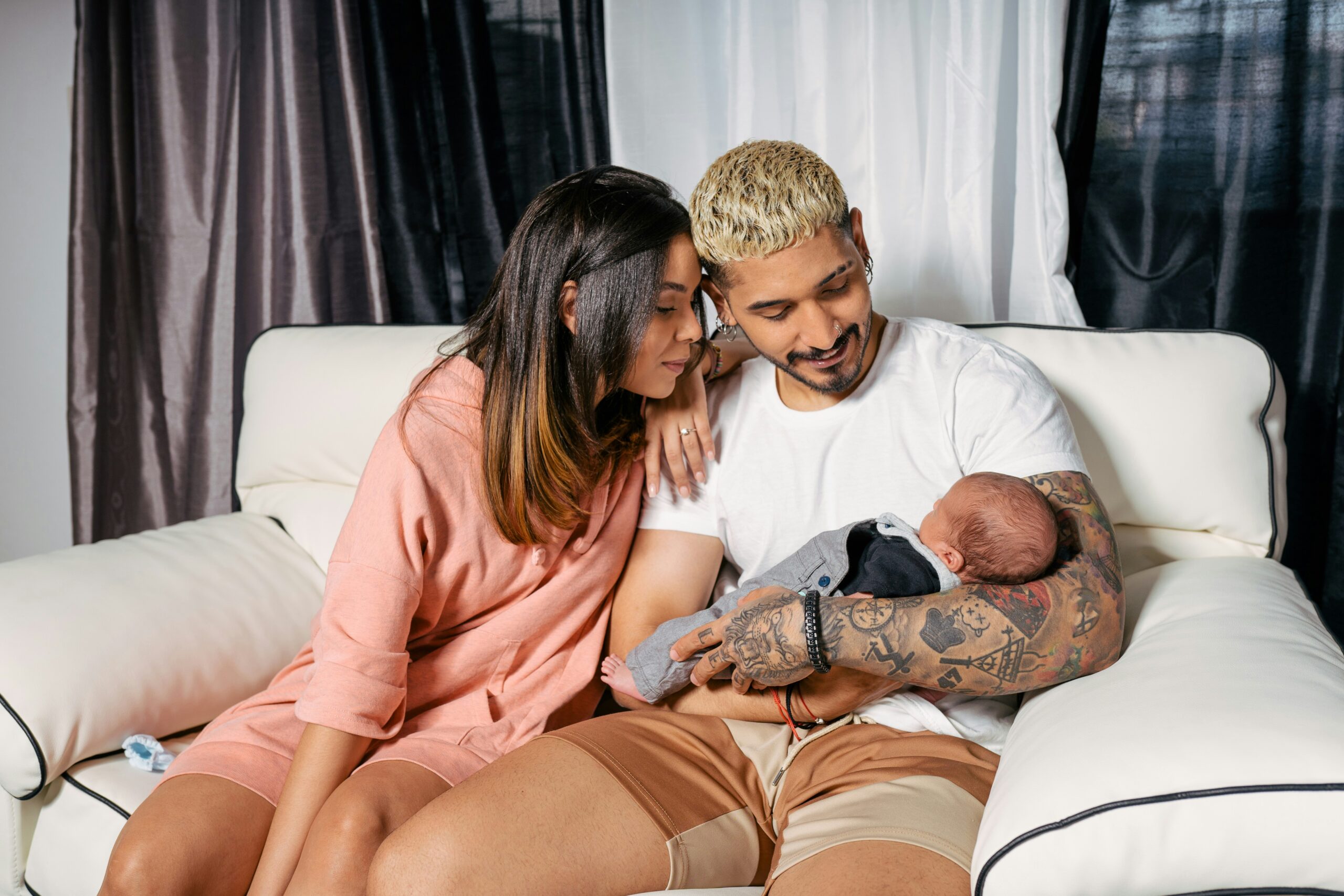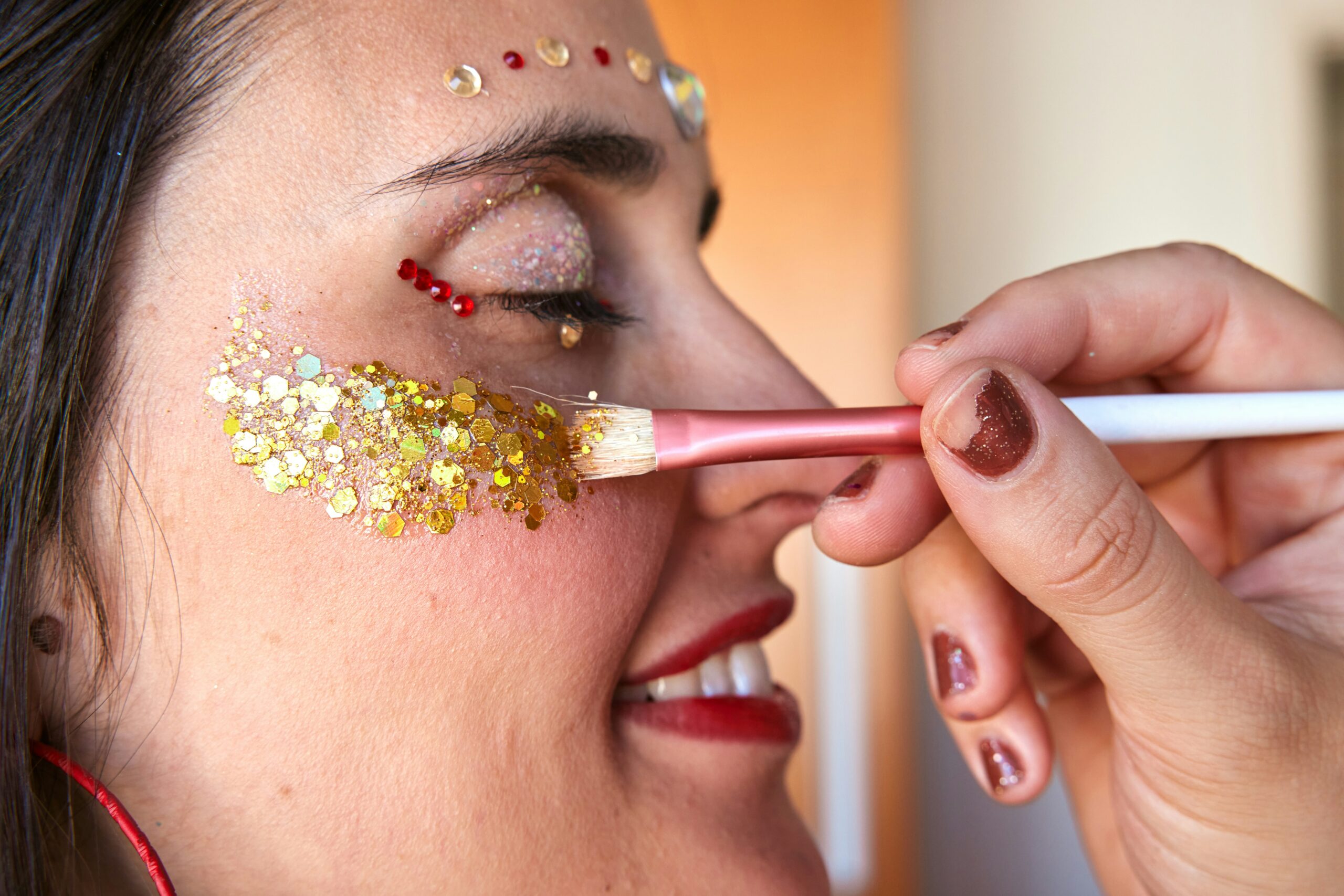Parenting today looks vastly different than it did for previous generations, and no group is redefining it quite like millennials. They’re blending technology, a strong focus on individuality and mindful parenting and mixing in progressive values and viewpoints to create a distinct and modern approach to parenthood.
But what exactly does millennial parenting mean? If you’re not a millennial or you’re new to parenting, you might think it’s just about using screen time more often or having fathers more involved in their children’s lives (millennial dads spend three times more time child-rearing than prior generations!). But it is actually way more than that. Millennials are being parents in a world that is constantly changing, more complicated and way more interconnected than ever before. With all of this, they’re also trying to care for their children’s emotional needs and self expression.
In this guide, we’ll break down what it means to have a millennial parenting style and explore all the new ways millennials are raising their kids. Whether you’re a new millennial parent or you’re just interested in new ways to raise your kids, you’ll learn about the core values and unique approaches that set this generation apart.
- What Defines the Millennial Parenting Style?
- Technology’s Role in the Millennial Parenting Style
- Millennial Parenting and Mental Health Awareness
- The Rise of Conscious and Mindful Parenting
- Millennial Parents and Their Community Focus
- Work-Life Balance and Flexibility for Millennial Parents
- The Future of Parenting for Millennials
What Defines the Millennial Parenting Style?
Millennials are completely rewriting the book on parenting. With new approaches and perspectives, there are a few core values and beliefs that define the millennial parenting style.
Emphasis on Individuality and Child-Led Learning
Millennial parents prioritize celebrating what makes their child unique.They focus on nurturing their child’s unique personality, talents and interests rather than following a one-size-fits-all approach to parenting like previous generations. Instead of trying to shape their kids into a certain pre-defined role, millennial parents are letting their kids express themselves and build their own paths. Child-led learning is encouraged by millennial parents. This means they choose their own extracurricular activities, letting their passions take the lead instead of what parents think their child would be interested in. This also allows kids to build their self-confidence from the get go. Because they’re choosing what they want to do, they’re defining their sense of self from an early age.
Progressive, Inclusive and Open-Minded
Many millennial parents are committed to teaching their children inclusivity, tolerance and open-mindedness. Which completely breaks away from the more traditional mothering styles. Let’s be real, millennials are teaching their children to be better people. By introducing topics like gender equality, social justice and diversity, millennials are celebrating what makes everyone different. Whether it’s through gender neutral clothing or books that use inclusive language, millennials are challenging outdated norms.

Technology’s Role in the Millennial Parenting Style
The digital age is all something we’re all trying to navigate. But millennial parents are the first generation to raise children in the digital age. They’re using technology in their parenting style and here’s how.
Technology as an Educational and Social Tool
First, millennials are using technology to educate their children. Through digital resources, educational apps and online communities, millennials are enhancing their children’s learning and socialization with the help of technology. With apps and platforms like Khan Academy and even Facetime, technology has become a cornerstone of millennial parenting. However, it does come with a careful balance. While integrating technology into kid’s lives has many benefits, it can also affect their development or social skills, so it’s important to remember that early tech exposure is okay, but it is not something you should rely on. Dr. Amber Thornton, a licensed clinical psychologist, shared pros and cons with us regarding technology.
Pros of parenting with technology:
- Enhanced Communication: Technology facilitates constant communication with children, even when physically distant.
- Educational Resources: Access to a wealth of educational apps, games, and online learning platforms.
- Community Building: Online forums and social media groups provide support and connection with other parents.
- Remote Work Flexibility: Enables parents to balance work and family life more effectively.
Cons of parenting with technology:
- Screen Time Concerns: Excessive screen time can negatively impact children’s physical and mental health.
- Privacy Risks: Sharing personal information online can pose privacy and security risks.
- Digital Addiction: Overreliance on technology can hinder face-to-face interaction and social skills.
- Cyberbullying: Exposure to online bullying and negative content.
Navigating Screen Time Boundaries
While tech-savvy, millennial parents often set firm boundaries around screen time. Many millennial parents are having times through the day that are completely screen free, like during dinner time or an hour before bedtime. Creating these boundaries can help set the tone for how much technology is integrated into your kid’s lives. You should also ensure that your kids are getting enough time outside and doing other hands-on activities like crafts or games.
Millennial Parenting and Mental Health Awareness
Millennial parents are also putting more emphasis on mental health. For themselves and their children. For them, mental health is not just a buzzword, it’s a foundational principle in their parenting style.
Destigmatizing Mental Health Conversations
Millennials are more likely to openly discuss mental health and emotional struggles with their children. Having these open discussions helps create a supportive environment where feelings are validated and heard. Instead of dismissing their child’s feelings, millennials are teaching their kids to be open about their struggles. Doing this helps teach children about emotional intelligence and breaks stigmas around mental health.
Prioritizing Self-Care for Parents
Millennial parents also recognize the importance of self-care. As a parent, it’s so easy to get burnt out and place your needs below everything else. But millennials understand the importance of self-care and work-life balance, recognizing that their well-being directly influences their parenting. They want to redefine what balance looks like. Whether that’s through remote options for work or more flexibility with their partner to allow them to care for themselves. Millennials are also prioritizing their personal hobbies that can bring them fulfillment outside of parenting.

The Rise of Conscious and Mindful Parenting
Millennial parents are also more drawn to conscious parenting approaches. These approaches prioritize empathy, respect and mindful decision-making—all of which are so important when it comes to a strong connection with your children.
Gentle Parenting Techniques
You might have heard of this style of parenting, as it’s the heart of millennial parenting style. Gentle parenting is focused on empathy, communication and emotional understanding. It encourages open communication, leading with understanding and caring for emotions rather than punishment. While millennials might have been raised through fear based discipline, they want to raise their children with mutual respect and calm explanations. This gentle parenting style can actually lead to more trust between parents and their children.
Fostering Emotional Intelligence
Emotional intelligence is something that is highly valued by millennial parents. They emphasize teaching their children how to express and manage emotions in healthy ways. Some parents use emotional flashcards or feeling charts to help their children express their emotions. Others try to incorporate mindfulness or emotional awareness tactics like journaling or breathing techniques. All of these approaches help their children become not only more emotionally intelligent but also more compassionate.
Millennial Parents and Their Community Focus
Millennial parents prioritize community-building. This can come online and offline. For them, parenting is not a journey they have to face alone, and finding connections and community can make all the difference.
Building Communities Online
Millennial parents are active in online parenting communities. Whether it is through social media platforms, blogs or online forums, millennials are embracing these spaces for parenting support. They ask questions, share experiences and advice or even just find comfort in knowing someone else is going through the same things they are. Online spaces help millennial parents feel less alone in their journey, especially when in-person support isn’t always available.
Focus on Raising “Global Citizens”
Several millennial parents are also focusing on raising their kids to be more aware and connected to the global community. Whether it’s through cultural exposure like new foods or books, through travel like trips abroad or through global events like celebrating international holidays at home, millennials are all about embracing new and different cultures. Doing this can help build empathy, curiosity and cultural awareness in their children.
Work-Life Balance and Flexibility for Millennial Parents
Flexibility in both work and parenting is a defining trait of millennial parents and mothering styles. They want to strive to balance career ambitions while being a present parent.
Embracing Flexible Work Arrangements
“Communication is the key to finding balance and being able to compartmentalize each area of their lives from work and home life. Setting up a functional schedule with the idea that things are going to happen and there needs to be flexibility. Having a support system is the key to success. This also supports generational healing, the skills their grandparents used for raising the millennial’s parents, are now outdated,” Dr. Bonnie J. Mitchell, DBH, LPCC and Clinical Director at Healthy Life Recovery Center, said. “The new Millennial Parent is better equipped to focus on communication, flexible co-parenting styles, often prioritizing the child’s need over their career, building and sustaining emotional intelligence and empowering children to be curious about learning and accepting other cultures.”
Sharing Parenting Responsibilities
Nowadays, there is also a growing emphasis on shared parenting duties. Millennial dads are taking a more active role in their children and household duties than previous generations did. Instead of relying on traditional gender roles, millennial parents emphasize teamwork and communication, with both partners contributing to caregiving and decision making.
The Future of Parenting for Millennials
Millennials are transforming what it means to be a parent. It’s likely that their influence will extend into the next generation of parents and here’s how.
Adaptation to Future Technology
Technology is constantly evolving and it continues to change what daily life looks like. With new advancements like AI or virtual reality, millennial parents need to adapt and reshape what it means to have a well balanced use of technology. Keeping technology balanced will ensure that your children develop the critical skills they need while being effectively introduced to technology. Millennials will also have to look into healthy online habits and how to teach their children how to use social media. Millennial parents’ tech-savvy nature puts them at the starting line of how to help their children navigate a digital world.
Continuing the Focus on Inclusivity and Emotional Well-Being
Millennial values of inclusivity, emotional intelligence and conscious parenting will likely continue to influence how future generations are raised. These values could influence how much representation or inclusive curriculum is used in school or even influence workplace cultures in the coming decades.
“Most parents, no matter what their generation, struggle with parenting, and their own expectations of what parenting looks like. Learn to be kind to yourself, your partner and your child,” Mitchell said.
Author
-

Esha Minhas is a third-year student at Northeastern University studying Journalism and Political Science. She's currently the editorial and social intern for Mila & Jo Media. Esha is also the Deputy Sports Editor for The Huntington News and covers Northeastern men's hockey. When she's not busy with work or school, you can find her at the gym, baking for her friends and family and watching anything sports related.
View all posts




